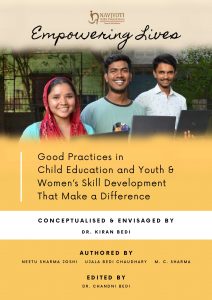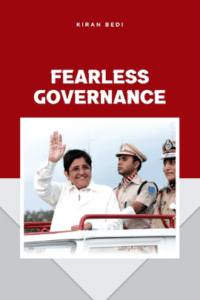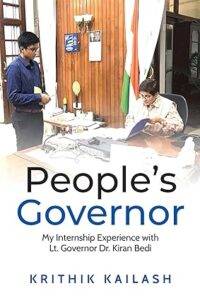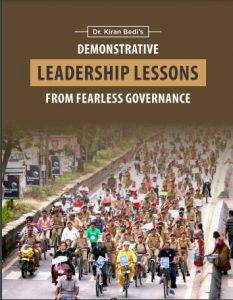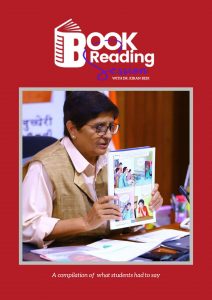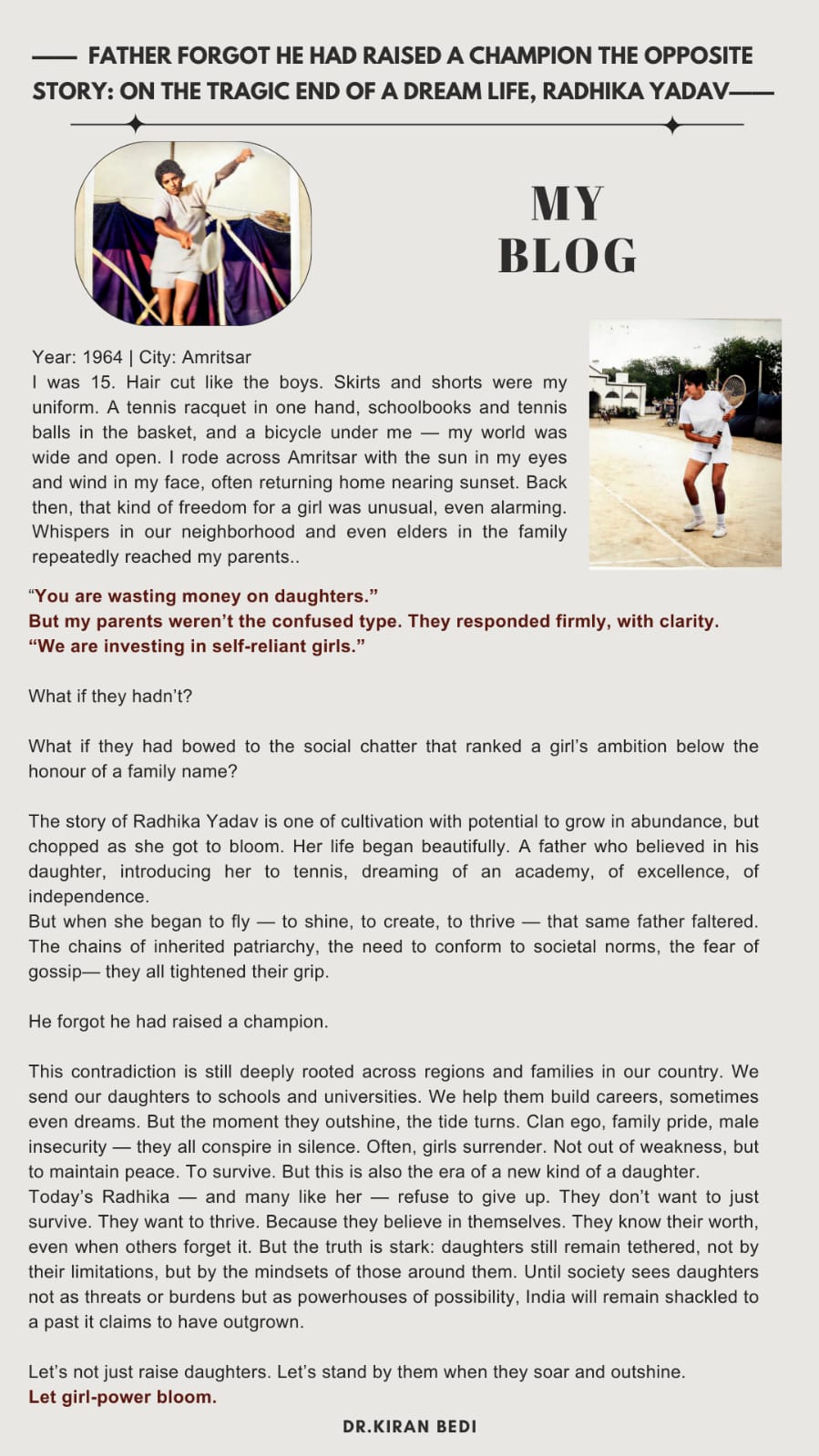
Father forgot he had raised a champion The Opposite Story: On the Tragic End of a Dream Life, Radhika Yadav.
Year: 1964 | City: Amritsar
I was 15. Hair cut like the boys. Skirts and shorts were my uniform. A tennis racquet in one hand, schoolbooks and tennis balls in the basket, and a bicycle under me — my world was wide and open.
I rode across Amritsar with the sun in my eyes and wind in my face, often returning home nearing sunset.
Back then, that kind of freedom for a girl was unusual, even alarming.
Whispers in our neighborhood and even elders in the family repeatedly reached my parents..
“You are wasting money on daughters.”
But my parents weren’t the confused type. They responded firmly, with clarity.
“We are investing in self-reliant girls.”
What if they hadn’t?
What if they had bowed to the social chatter that ranked a girl’s ambition below the honour of a family name?
——-
The story of Radhika Yadav is one of cultivation with potential to grow in abundance, but chopped as she got to bloom.
Her life began beautifully.
A father who believed in his daughter, introducing her to tennis, dreaming of an academy, of excellence, of independence. But when she began to fly — to shine, to create, to thrive — that same father faltered.
The chains of inherited patriarchy, the need to conform to societal norms, the fear of gossip — they all tightened their grip.
He forgot he had raised a champion.
This contradiction is still deeply rooted across regions and families in our country. We send our daughters to schools and universities. We help them build careers, sometimes even dreams. But the moment they outshine, the tide turns. Clan ego, family pride, male insecurity — they all conspire in silence.
Often, girls surrender. Not out of weakness, but to maintain peace. To survive.
But this is also the era of a new kind of a daughter.
Today’s Radhika — and many like her — refuse to give up. They don’t want to just survive. They want to thrive. Because they believe in themselves. . They know their worth, even when others forget it.
But the truth is stark: daughters still remain tethered, not by their limitations, but by the mindsets of those around them.
Until society sees daughters not as threats or burdens but as powerhouses of possibility, India will remain shackled to a past it claims to have outgrown.
Let’s not just raise daughters. Let’s stand by them when they soar and outshine.
Let girl-power bloom.

